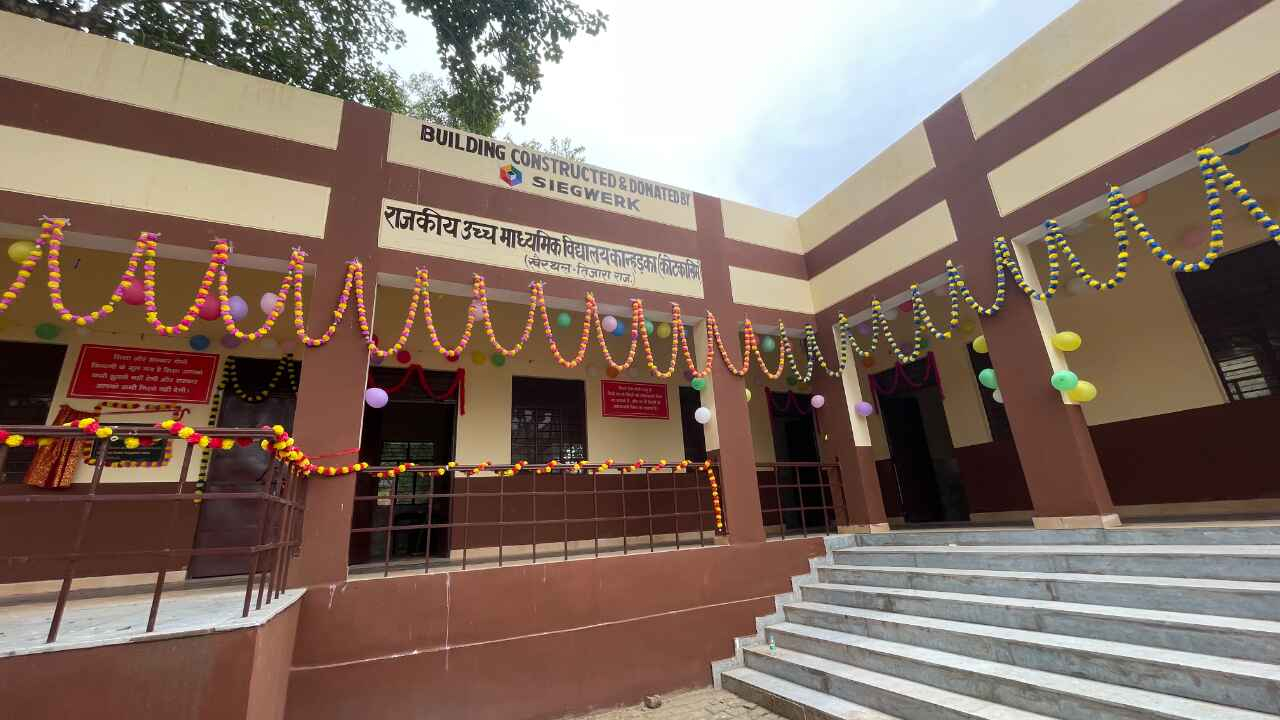Rainforest Alliance evaluation finds APP's progress moderate
The independent evaluation of Asia Pulp & Paper's (APP) ambitious Forest Conservation Policy (FCP) conducted by the Rainforest Alliance has found that the Indonesia-based company has made moderate progress towards meeting its commitments.

The FCP was initiated on February 5, 2013, marking an immediate end to natural forest clearance by APP’s pulpwood suppliers as well as a range of other measures. APP recognized that engaging the Rainforest Alliance, a credible international organization, to evaluate its progress would provide a valuable perspective on its work as well as increase transparency.
The evaluation report, which assesses the period between February 5, 2013 and August 15, 2014, provides a view of the company’s progress towards meeting each of the FCP’s four policy areas, as well as additional public statements that are relevant to the FCP. The Rainforest Alliance Evaluation report can be found here and the official Greenpeace statement on the findings is available to read here.
Aida Greenbury, APP managing director, sustainability, said: ‘The FCP is an unprecedented initiative – developed by APP, TFT (The Forest Trust) and Greenpeace – to define a new standard and a new business model for achieving zero deforestation in the supply chain. We’re pleased that the Rainforest Alliance has recognized the progress we are making. We believe today’s report shows that our efforts to achieve zero deforestation are on the right track.
‘However, our FCP implementation measures are not carved in stone. We must have the courage to continually improve them as we learn lessons from implementation. The report has highlighted a number of areas that require additional focus. Its findings, along with feedback from other stakeholders, have been used to inform our FCP implementation plan for 2015 and beyond, which we are introducing today.
‘We also believe that an evaluation like this puts a global spotlight on the issues currently at play in Indonesia’s forests. Since 2013, we have been calling for other stakeholders to support us with our Zero Deforestation Policy because forest continues to be lost due to factors that, despite our efforts, we cannot completely control, such as encroachment, forest fires and illegal activities. Our hope is that this evaluation will raise awareness of forestry issues in Indonesia and prompt others, including government, NGOs and the private sector to collaborate more closely to help tackle the issues across the landscape.’
Richard Donovan, Rainforest Alliance, senior vice president of Forestry, said, ‘In 2013 APP set out an ambitious program for change. The Rainforest Alliance has found that APP has made moderate progress to implement the many commitments embedded in its FCP during the 18 month period we evaluated. Key steps have been taken, such as halting the clearance of natural forest by its suppliers. As with any major change initiative there remains work to be done to put the policies and procedures that have been developed into action in the field. Rainforest Alliance encourages APP to continue on the path set out in the FCP.'
APP's FCP Implementation Plan includes the priorities for 2015 onwards, which draw upon Rainforest Alliance’s most significant findings. These are issues related to third party forest clearance, peatland best management practices as well as Free, Prior and Informed Consent (FPIC) and social conflict resolution. Additional areas covered in the Implementation Plan are: wildfire prevention and management; (High Conservation Value) HCV management and protection; workers’ rights and welfare; sustainable wood supply; landscape conservation initiative; and internal engagement.
Elements of the plan will be subject to further consultation. The APP FCP Implementation Plan: 2015 and beyond released today can be found here. You can read more about APP's FCP and HCV forest initiatives here.
Additionally, look for exclusive in-depth coverage on the supplier's bold new business model and investments to protect our environment in Issue 2 of Labels & Labeling.
Stay up to date
Subscribe to the free Label News newsletter and receive the latest content every week. We'll never share your email address.


